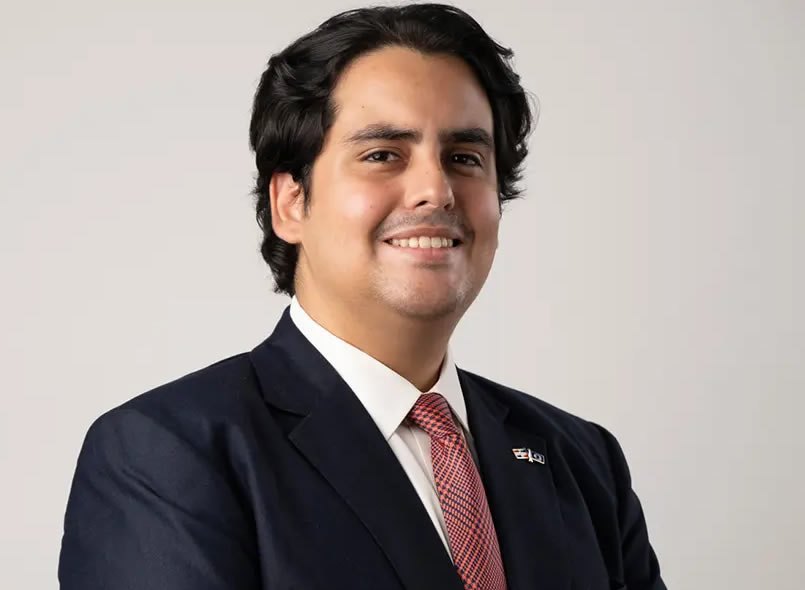Jean Marco Pou Fernández, a prominent figure in the Dominican Republic, has carved a unique niche at the intersection of law, business, and diplomacy. As an attorney, entrepreneur, and former President of the EuroCámara de Comercio de la República Dominicana, Pou’s influence extends across corporate law, infrastructure projects, and binational chambers connecting Santo Domingo to global hubs like Brussels and Madrid. Later this year, he will further his expertise by pursuing an LL.M. in International Business and Economic Law at Georgetown University, solidifying his role in shaping the hemisphere’s most critical economic debates.
Pou’s insights are particularly valuable for founders and investors in the Dominican Republic, offering clarity on structuring startups for capital, scalability, and international credibility. He emphasizes that corporate governance is essential for investor confidence, advocating for practices like shareholder agreements, advisory boards, and transparent records. These measures, he argues, signal a startup’s seriousness about attracting external funding.
Despite the Dominican Republic’s legal framework supporting venture deals, Pou highlights gaps such as the absence of standardized instruments like SAFEs or convertible notes, unclear regulations on stock options, and slow IP enforcement. These challenges, he notes, make the country less competitive compared to other markets.
For cross-border ventures, Pou stresses the importance of strategic structuring, recommending that founders maintain local entities while raising capital through Delaware or EU holdings. This approach provides investors with legal familiarity while enabling local operations to thrive. He also underscores the role of legal advisors in balancing founder protection with investor appeal, ensuring that international clauses are enforceable under Dominican law.
Pou identifies three key policy reforms to accelerate innovation: a Startup Act to simplify incorporation and offer tax incentives, clear crowdfunding and fintech regulations, and legal recognition of employee equity plans. These changes, he believes, could transform the Dominican Republic into a more attractive ecosystem for global capital.
Additionally, Pou sees potential in a Digital Nomad Visa, not just as a tourism driver but as a means of fostering knowledge transfer through connections with accelerators, coworking spaces, and universities.
Pou’s perspective reflects a broader shift in Dominican business credibility, moving away from legacy institutions and toward founders who prioritize governance, traction, and structure. As a bridge between the old order and the emerging economy, Pou embodies the tectonic shift in credibility from traditional boardrooms to the innovators shaping tomorrow’s economy.
